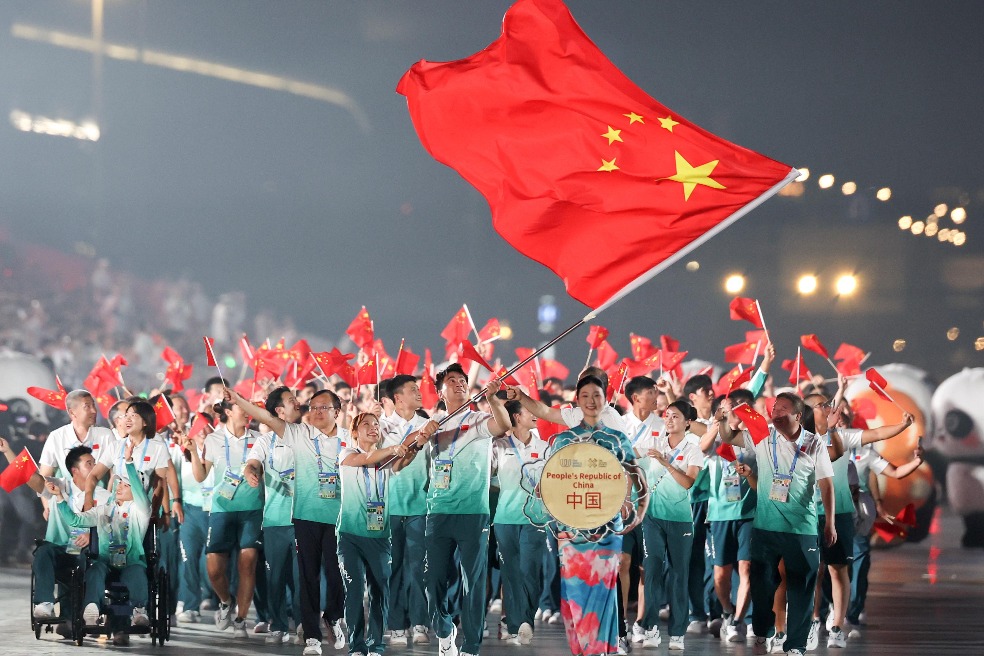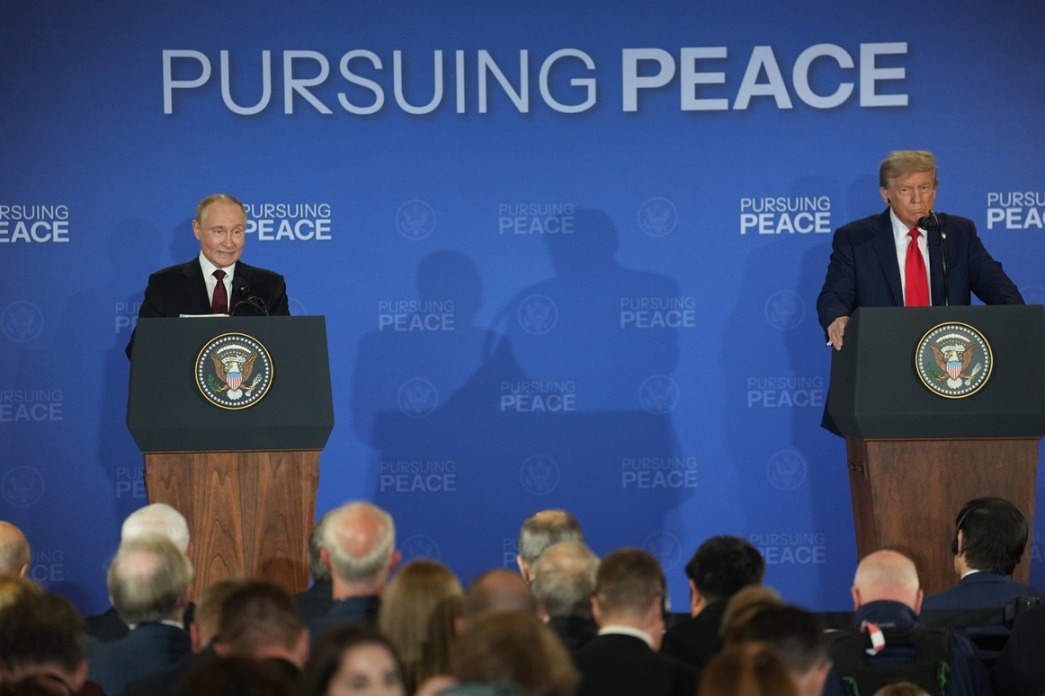Healthy China-India relations good for regional development and stability: China Daily editorial

It is obvious that the meeting between Chinese President Xi Jinping and Indian Prime Minister Narendra Modi on the sidelines of the BRICS Summit in October 2024, in Kazan, Russia, has paved the way for the thawing of bilateral relations between the two countries.
The frequent meetings between high-level officials of the two countries would not have been possible without the consensus of the two leaders that their countries should develop friendly ties.
Since differences on border issues have cast a shadow over the development of relations between the two neighbors, particularly after the clash between their border troops in 2020, maintaining high-level exchanges is vital to prevent them from hindering the development of bilateral ties. So the visit to India by Foreign Minister Wang Yi starting on Monday is pertinent. It comes shortly after the Chinese side extended a welcome to Modi's planned visit to China on Aug 31 to attend the Shanghai Cooperation Organization Summit in Tianjin, the first visit of the Indian leader in over seven years.
Wang's visit, at the invitation of India's National Security Advisor Ajit Doval, who visited China in December 2024 for a security representative meeting with the Chinese foreign minister, represents the continuation of the security talks mechanism. The mechanism is conducive to the two sides building on the positive momentum they have maintained to keep on the right track their joint efforts to properly manage their border differences.
The two sides can work together to transform the hard-earned consensus on the border issue into more concrete actions to ease the tensions and promote exchanges so as to avoid allowing the border issue to define the overall ties. For the two major Eastern civilizations and major emerging economies that are adjacent to each other, the essence of stable China-India relations lies in how to live in harmony and achieve mutual success.
It is particularly important for the two neighbors to manage their differences when cooperation between the two nations is badly needed for the economic and social development of the world's two most populous countries. By effectively expanding their common interests and tapping into their economic structural complementarity, they will find more reasons to avoid their border disputes from standing in the way of their ties.
In his talks with Indian External Affairs Minister Subrahmanyam Jaishankar in Beijing last month, Wang called on both sides to aim high, plan for the long term, and adhere to good-neighborliness and friendship. It was good to see his Indian counterpart actively echo that call, pledging India's willingness to work together with China for the common good of the two countries and the region.
Indeed, New Delhi has taken certain measures to promote people-to-people exchanges, and implied its openness to Chinese investment. Even though some of the measures remain far from meeting their intended targets, they at least demonstrate New Delhi's recognition of its obligation to undo what it has done to help straighten out the ties.
It is hoped that the Indian side can expedite its actions in relevant fields so as to match its words with deeds, demonstrating that its expressed willingness to repair ties with China is not just a gesture due to the United States' tariff threats, but instead a genuine commitment to a sustainable good-neighborly relationship.
China's stance and policy on Sino-Indian relations have been consistent, as it always views relations from a strategic height and with the bigger picture in mind, and handles their differences with due prudence and vision. It is willing to work with India to implement the important consensus reached by the leaders of the two countries, consistently enhance political mutual trust, and meet each other halfway to expand exchanges and cooperation. India should reciprocate China's sincerity by doing its part to properly manage differences, and strengthen coordination via multilateral platforms, such as the SCO, to promote the healthy development of China-India ties.
With the rise of unilateralism and protectionism, China and India, as two major members of the Global South, are shouldering the responsibility to work together to realize a fair and just world order and universally beneficial and inclusive economic globalization. Amicable relations between China and India are in the interests of both countries as well as regional peace and development.

































